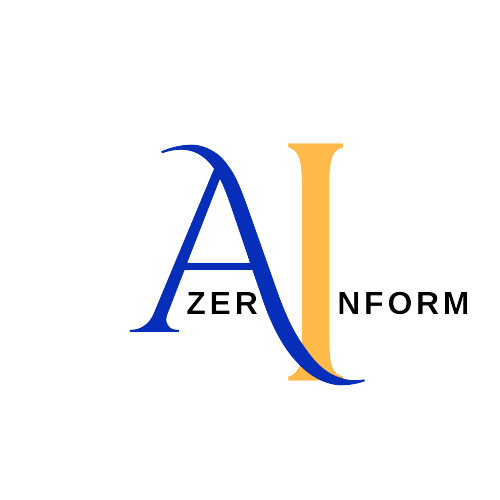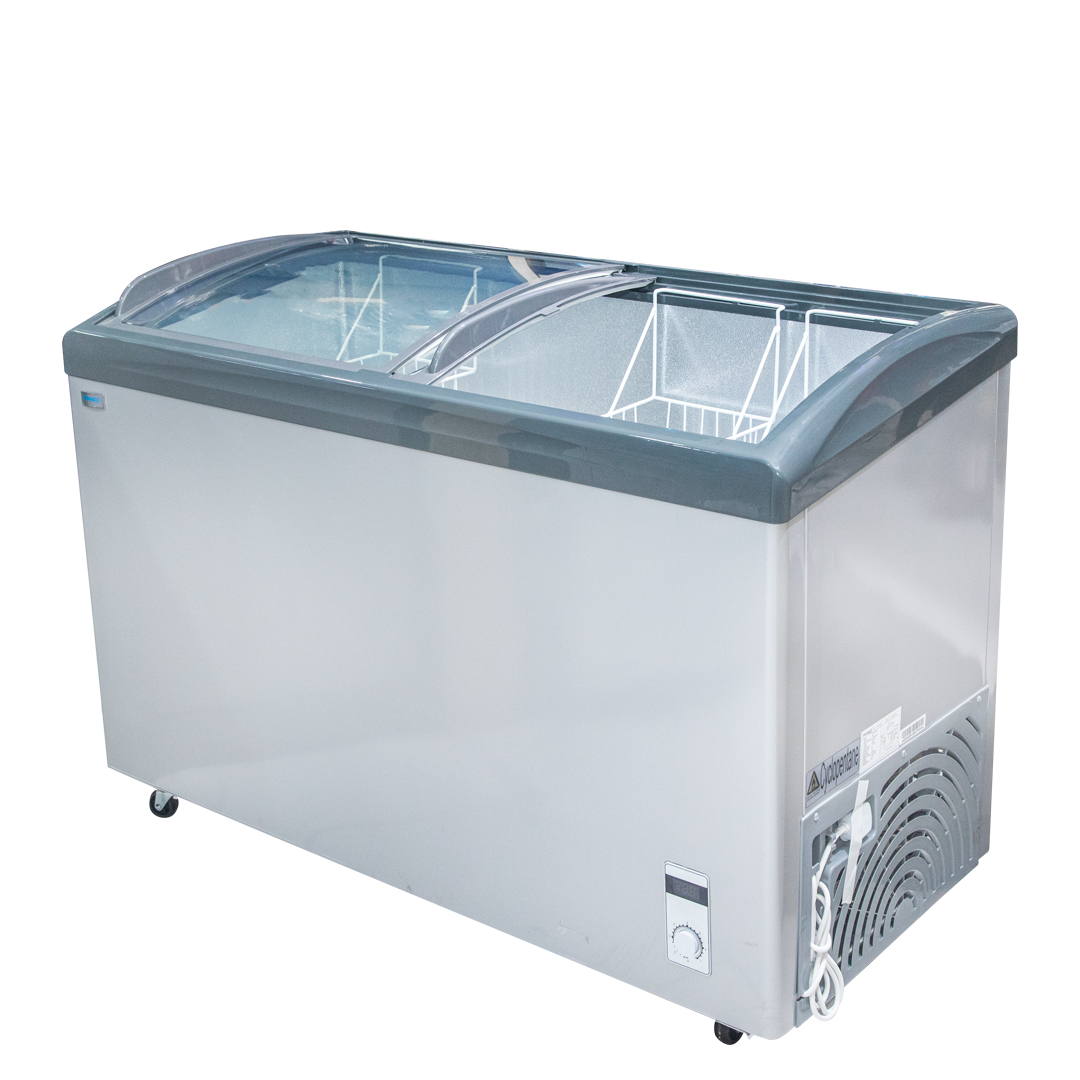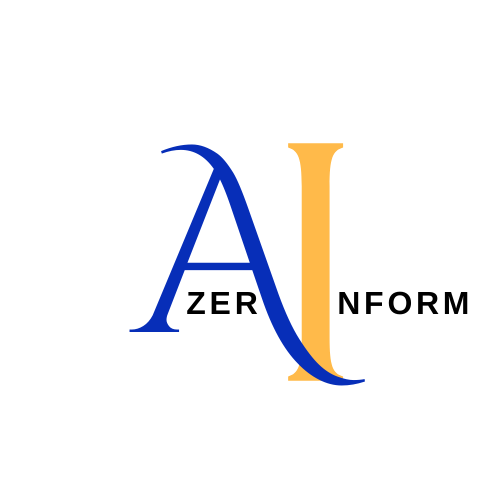Self assessments are a vital tool for personal and professional growth, enabling individuals to reflect on their skills, experiences, and goals. Whether used in education, healthcare, or workplace settings, self-assessments empower individuals to take control of their development and identify areas for improvement.
In this blog, we will explore what self-assessments entail, their benefits, and how they can be effectively utilised.
What Are Self-Assessments?
Self-assessments are structured evaluations that encourage individuals to examine their strengths, weaknesses, and overall performance. They can take various forms, including questionnaires, reflective journals, and performance reviews. The purpose of these assessments is to promote self-awareness, enhance decision-making, and foster continuous improvement.
Benefits of Self Assessments
Engaging in self-assessments offers numerous advantages. Firstly, they facilitate personal reflection, allowing individuals to recognise their achievements and areas where they may need development. This process can lead to increased motivation and goal-setting, as individuals become more aware of their aspirations.
Secondly, self-assessments contribute to professional development. By identifying skill gaps, individuals can seek training or education opportunities to enhance their capabilities. This proactive approach not only benefits the individual but also enhances overall team performance in workplace environments.
Types of Self Assessments
There are various types of self-assessments, each tailored to specific contexts. For instance, in education, students might undertake assessments to evaluate their understanding of a subject or to prepare for exams. In healthcare, self-assessments can help individuals monitor their health and well-being, while in the workplace, performance evaluations can guide career advancement.
Additionally, sensory assessments can also be included in self-evaluations, allowing individuals to gauge their sensory processing abilities and identify any challenges they may face. This holistic approach can lead to more comprehensive personal insights.
How to Conduct a Self-Assessment
To effectively conduct a self-assessment, it is essential to follow a structured approach. Begin by setting clear objectives for what you want to achieve. Next, gather relevant information about your experiences, skills, and feedback from others. Once you have this data, reflect on it critically, identifying patterns and areas for growth.
Afterwards, create an action plan outlining the steps needed to address identified areas for improvement. Regularly revisiting and updating your self-assessment will ensure that you stay on track towards achieving your goals.
Self assessments are invaluable tools for personal and professional development. By engaging in this reflective process, individuals can gain insight into their capabilities, set meaningful goals, and enhance their overall effectiveness. Embracing self-assessments can lead to transformative growth and a more fulfilled life.

 Home
Home







